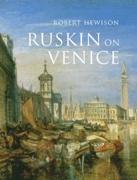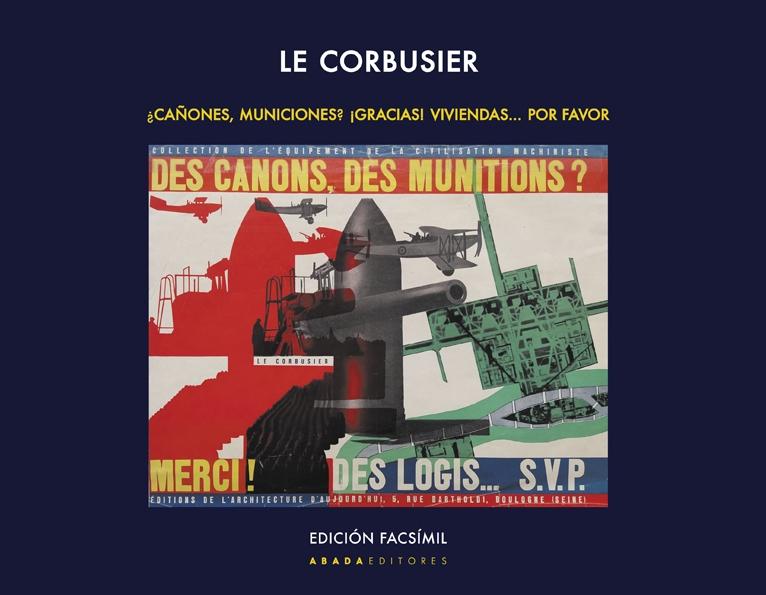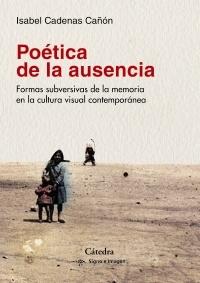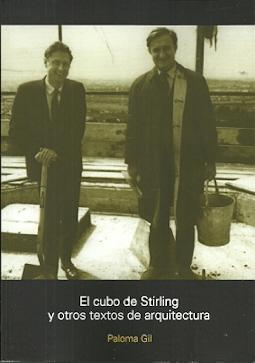RUSKIN OF PARADISE. THE PARADISE OF CITIES

Autor/es
- EAN: 9780300121780
- ISBN: 978-0-300-12178-0
- Editorial: YALE UNIVERSITY PRESS
- Año de la edición: 2010
- Encuadernación: Rústica
- Medidas: 24 X 26 cm.
- Páginas: 500
- Materias:
teoría: arquitectura y arte
Sin stock. Envío en 15/30 días
pvp 75,89 €
For John Ruskin, one of the leading cultural critics of the nineteenth century, Venice represented his ideal of civic society, where culture, government and faith were in creative harmony - 'The Paradise of Cities'. This was not the fallen city of the Renaissance, the Paradise Lost that it became in his lifetime, but the Gothic Eden that he imagined had existed before the sixteenth century. In this elegant and compelling book, Ruskin's long and intricate relationship with the city is traced: from 1835 he watched Venice change from post-Napoleonic ruin to a province of the Austrian Empire, and then experience new ruin in the revolution of 1848. Venice was witness to the failure of his marriage, and, later, the collapse of his hopes for a new one. By the time of Ruskin's final visit in 1888, the march of modernity had made Venice a dead replica of its former glory. Robert Hewison shows how Ruskin shed his Romantic vision, formed by Byron and Turner, and developed a harder, clearer conception of neglected Gothic Venice through an intense study of the city's physical fabric that changed international understanding of the city. He highlights the parallel drawn by Ruskin between the Venetian and British Empires, a warning that sounds throughout his key work, "The Stones of Venice", and he reveals how, later, Veronese and Carpaccio helped Ruskin articulate the changes in his religious and social beliefs. Carpaccio's paintings also became the frame for Ruskin's private myth: his tragic love for Rose La Touche, which reached its crisis in Venice in 1876. Drawing on the rich resources of Ruskin's drawings, architectural notebooks and manuscripts (including previously unpublished daguerreotypes from Ruskin's own collection), Hewison offers fresh insights into both Ruskin and Venice and reveals how Ruskin's work and his connection with the city from youth to old age have helped to shape the image of the Venice we know today.





